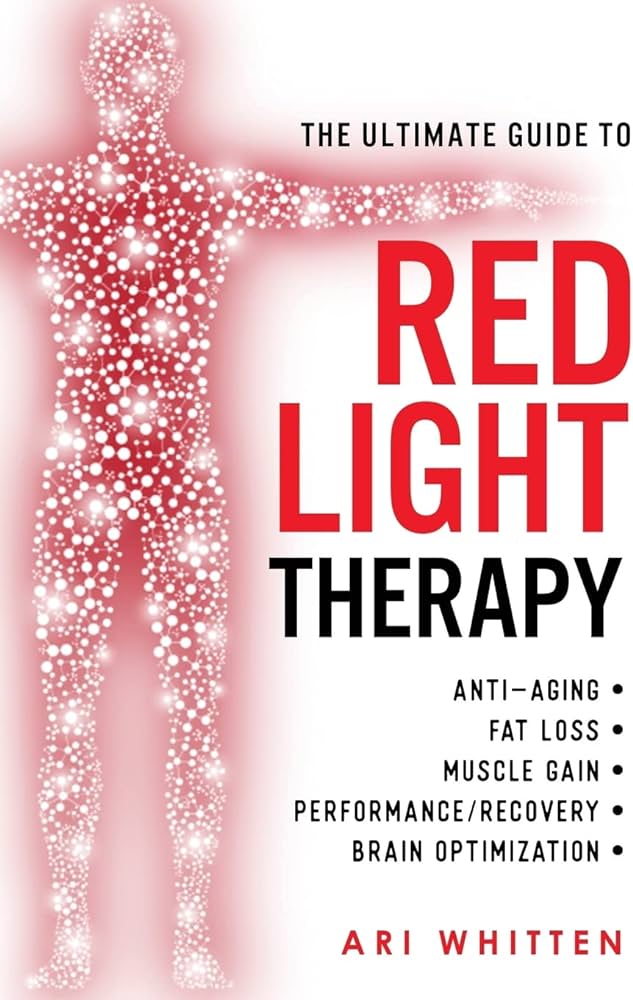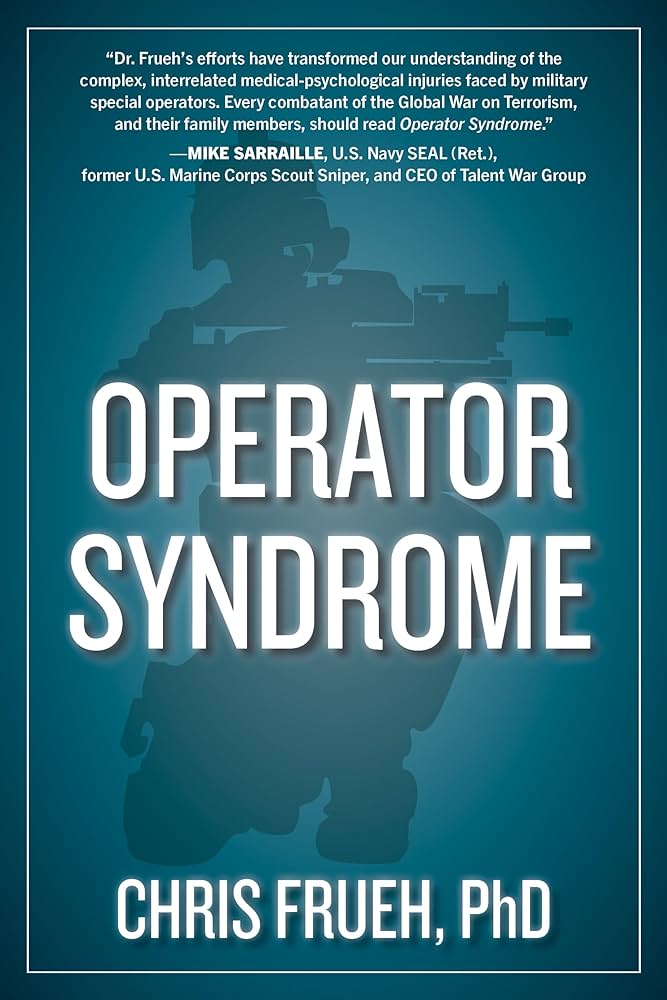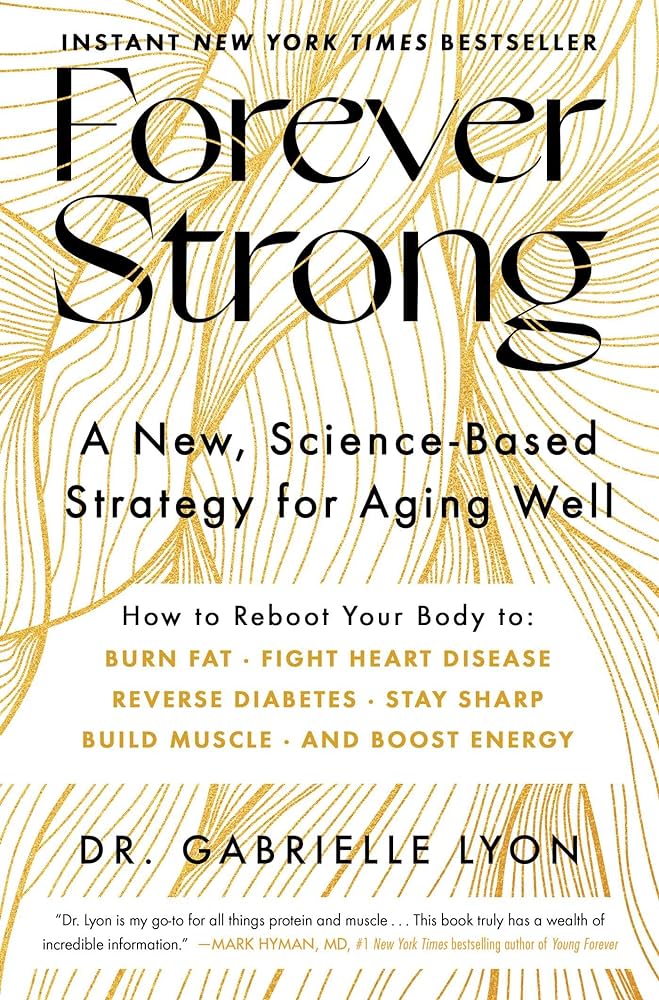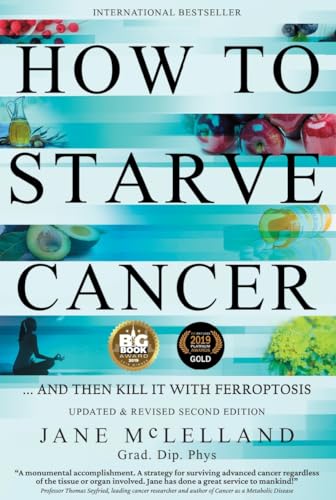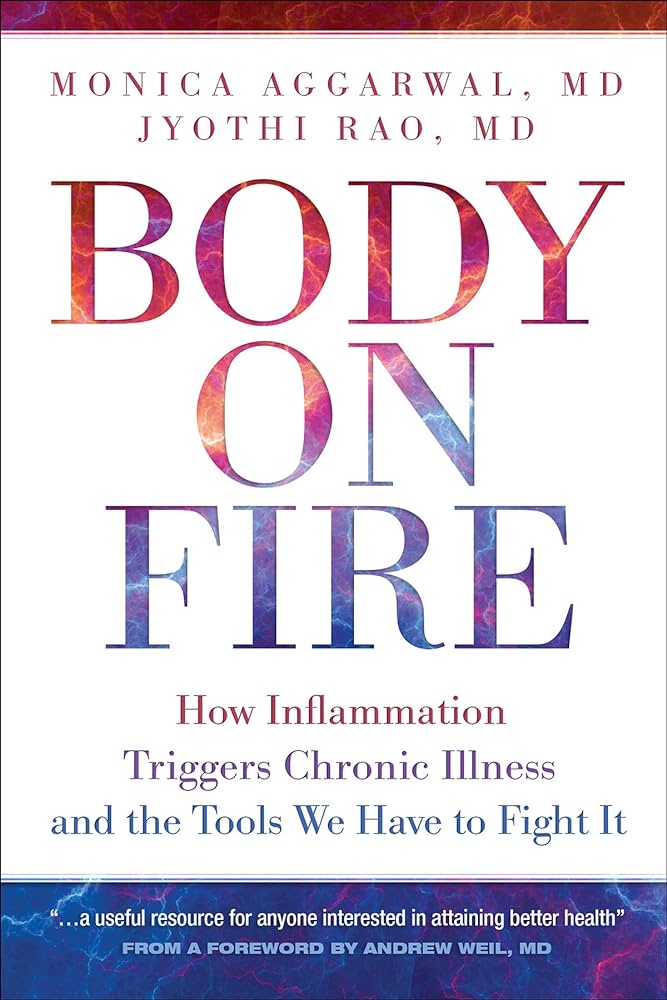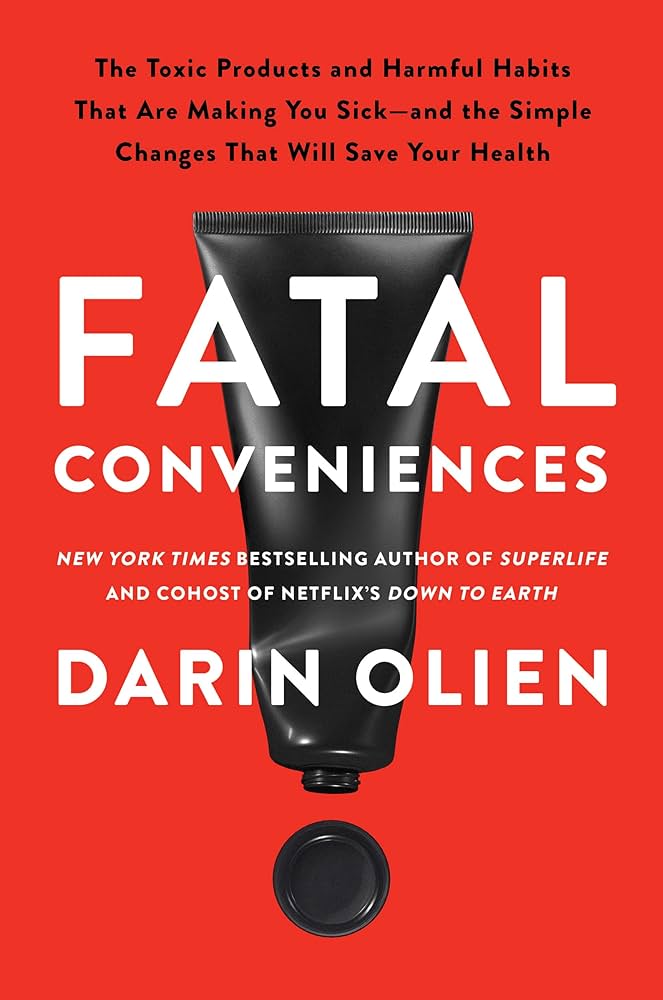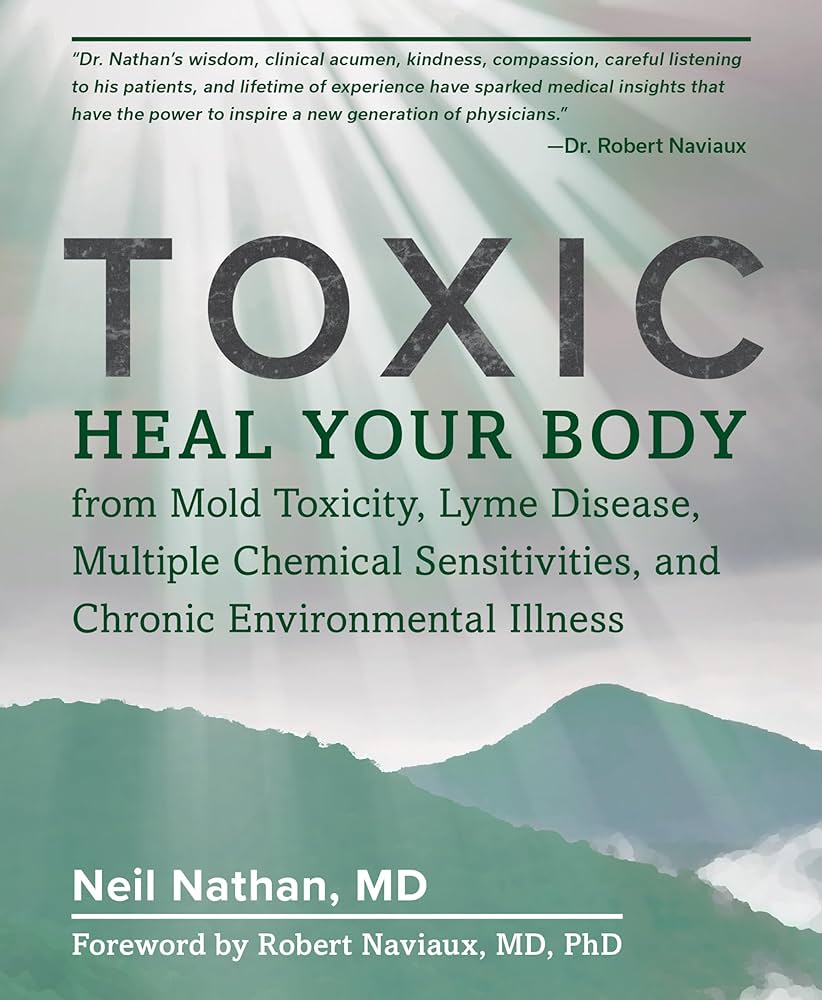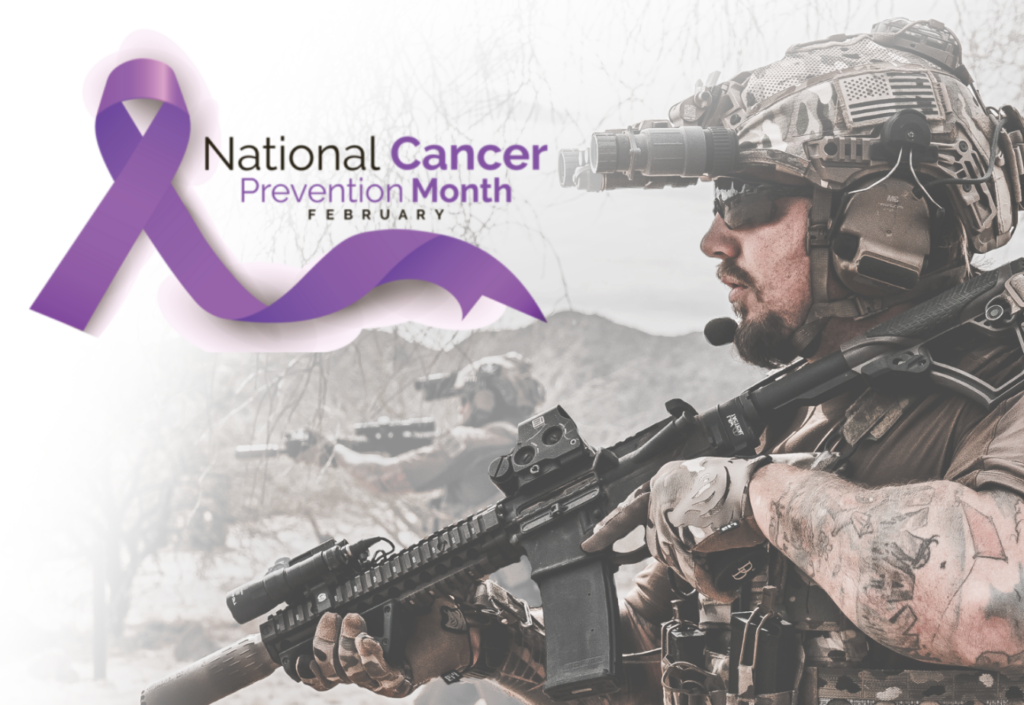February is National Cancer Prevention Month in the United States. This month is dedicated to raising awareness about the importance of cancer prevention and early detection. It’s a time to educate people about the lifestyle choices that can help reduce the risk of developing cancer and screening options to assist in early-stage cancer identification – which increases one’s chances of survival significantly.
Generalized key messages often focus on maintaining a healthy diet, regular exercise, avoiding tobacco and excessive alcohol consumption, protecting skin from the sun, and getting regular check-ups and screenings for early cancer detection. As this may seem like “common sense” to some, nearly half (43%) of Americans are obese, 13% are current smokers, and 55% drink more than three alcoholic drinks weekly. As such, nearly half of Americans will be diagnosed with cancer during their lifetime, with their average age at the time of diagnosis being between the ages of 66-70 years old. Those are all excellent cancer prevention tips for the American population.
Post-9/11 military service members and veterans are vastly different, however. While the above tips can be applied generally to military service members and veterans, it is important to note they are also considered some of our nation’s “most fit and healthy” Americans. But what isn’t accounted for is the actual military occupation, lifestyle, and continuous demands (physical, mental, emotional) that service has and how it may actually increase our long-term risk for a cancer diagnosis.
According to the Department of Defense, more than 521,000 of the 4.3 million active duty service members, had been diagnosed with some form of cancer (ranging from early stages to late, terminal diagnoses) between 2001 and 2021. Most of those cancers are skin, testicular, and cervical – all routinely screened for.
In no particular order, we identified seven concurrent concerns that are often overlooked and underestimated as a risk for cancer in post-9/11 military service members and veterans that can be addressed: diet, stress, sleep, inflammation, nutrients, toxins, and hypoxia. Let’s go through each briefly:
DIET:
- A diet that is high in carbohydrates and high in sugars is not good for you. Period. Studies show that high added sugar intake can increase your cancer risk by 60-95%, while sugary foods and beverages averaged between 23-200% increased risk. On the other hand, one gram of carbohydrates is approximately four calories. The average person burns roughly 1,500 to 2,500 calories daily, and while you may need to “carb load” while on an FTX or a mission downrange, you most likely do not need to do this now. Unused carbs become glucose and are then stored as glycogen. Here are some ways this can increase your cancer risk:
- Insulin Resistance and Increased Insulin Levels: A diet high in carbohydrates and sugars can lead to spikes in blood sugar levels, which in turn cause the pancreas to release more insulin. Over time, this can lead to insulin resistance, a condition where the body’s cells become less responsive to insulin. Similarly, foods with a high glycemic index (GI) or high glycemic load (GL) can cause rapid increases in blood sugar levels.
- Inflammation: A high intake of sugars and refined carbohydrates can promote inflammation in the body. Chronic inflammation is a known risk factor for cancer, as it can lead to DNA damage and support the growth and spread of cancer cells.
- Impact on Gut Microbiota: A high-sugar and high-carbohydrate diet can negatively impact the composition of the gut microbiota, leading to an imbalance that may promote inflammation and increase cancer risk. Bacteria also feed and rely heavily on sugars, so any odd gastrointestinal bacteria you pick up in the Middle East can thrive.
- Warburg Effect: Normally, our cells use oxygen to make energy efficiently. But cancer cells prefer a faster method called glycolysis, even when there’s plenty of oxygen around. This method is not as efficient and uses a lot of sugar, but it helps cancer cells grow and multiply quickly. It’s like choosing a fast food meal over a home-cooked dinner; it’s quicker but not as good for you.
STRESS:
- Prolonged stress leads to the continued release of stress hormones, which can disrupt the body’s hormonal balance. It’s like starting your day with an empty rucksack; over the day, it slowly gets filled, getting heavier and heavier; if you do not unpack the ruck, weight continues to pile on – the same goes for stress (also known as “allostatic load“). While stress itself is not a direct cause of cancer, chronic stress can potentially contribute to the development and progression of cancer through various mechanisms:
- Hormonal Imbalance: Chronic stress leads to the continuous release of stress hormones, such as cortisol and adrenaline – this state of “fight or flight” and adrenal fatigue.
- Immune Suppression: Stress can weaken the immune system, making it less effective at detecting and destroying cancer cells. It means to “burn the candle at both ends“.
- Inflammation: Chronic stress is associated with increased inflammation in the body. Long-term inflammation can damage cells and tissues, potentially leading to cancer development; get used to seeing inflammation as it taps into all seven suggestions.
- DNA Damage: Stress can lead to increased production of reactive oxygen species (ROS), which can cause DNA damage. DNA damage is a critical factor in the development of cancer.
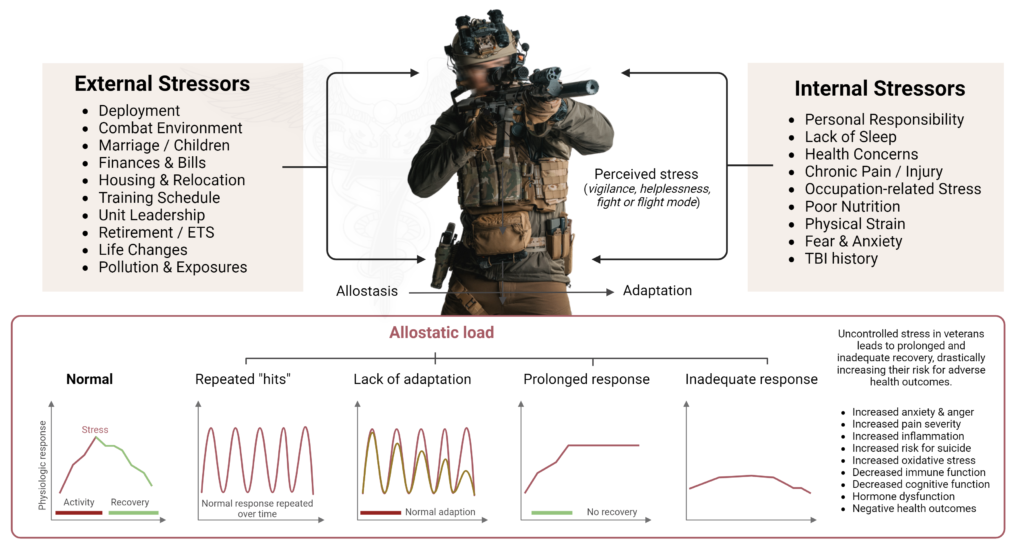
SLEEP:
- Adequate, rejuvenating sleep is a mission-essential task. Every single one of us who has served in uniform has experienced what poor sleep truly is, and unfortunately, it has continued for many after service. Sleep provides an opportunity for the body to repair and regenerate cells, including DNA repair, and ideally, we should have between 7 and 9 hours of sleep nightly. To assist with sleep and recovery, we partnered with Bravo Actual to create Rackout: the only evidence-based, non-addictive sleep supplement tailored to first responders and military veterans.
- Disruption of Circadian Rhythms: The body’s internal clock, or circadian rhythm, regulates various biological processes, including sleep-wake cycles, hormone production, and cell regeneration. Lack of sleep can disrupt these rhythms, which has been linked to an increased risk of cancer, particularly breast and prostate cancers.
- Immune Suppression: Adequate sleep is essential for a healthy immune system. Lack of sleep can weaken the immune response, making it less effective at detecting and eliminating abnormal cells, including cancer cells. Check out the “glymphatic system” – it is like your brain’s very own lymphatic system to clean waste while you sleep.
- Inflammation: Chronic sleep deprivation is associated with increased inflammation in the body. Long-term inflammation can damage cells and tissues, potentially leading to cancer development.
- Hormonal Imbalance: Sleep regulates hormone levels, including melatonin and cortisol. Melatonin has antioxidant properties and helps protect against DNA damage, while cortisol helps regulate stress and inflammation.
INFLAMMATION:
- By far, one of the most underrated risk factors for cancer is chronic inflammation. But it is such an important topic in overall health, that we wrote an entire blog dedicated to inflammation, rest, and recovery – “Rest or Die: How Does Relaxation Support Cancer Prevention?”
- DNA Damage: Chronic inflammation can lead to continuous damage and repair of cells in the affected tissue. This repeated cycle of damage and repair can increase the chances of DNA mutations, eventually leading to cancerous cell changes.
- Promotes Cancerous Growth: Inflammatory cells can produce chemicals called cytokines and growth factors that promote cell proliferation and survival. These factors can encourage the growth of cancerous cells, produce reactive oxygen species, and help them evade the body’s immune response.
- Immune Suppression: Inflammation is a natural response of the immune system to protect the body from injury or infection. However, when inflammation becomes chronic, it can paradoxically suppress the immune system in several ways: cell exhaustion, tissue damage, imbalance between pro-inflammatory and anti-inflammatory signals, and introduction of immunosuppressive cells.
- Chronic Pain and Injury: Chronic pain and injury can lead to persistent inflammation in the affected area. Approximately 50% of post-9/11 veterans experience chronic pain, most often from a musculoskeletal injury (knees, spine, hips, shoulders, etc.) that occurred while in service. This ongoing inflammatory response can increase the risk of cancer in the same way that chronic inflammation does, but also worsens co-occurring conditions, such as anxiety, and stress, and can exacerbate traumatic brain injury-related symptoms.

NUTRIENTS & VITAMINS:
- While a third of the American population is vitamin D deficient, more than 50% of post-9/11 warfighters are deficient, with the lowest numbers being shortly after returning home from an overseas deployment. In another study of soldiers attending the 21-day Army Special Operations Assessment and Selection course, the majority faced a significant drop in vitamin D levels – most likely due to physical exertion and stress.
- DNA Damage: Certain vitamins and minerals, such as vitamins A, C, E, and selenium, have antioxidant properties that help protect cells from damage caused by free radicals. Free radicals are unstable molecules that can damage DNA, leading to mutations that may contribute to cancer development. Deficiencies in these nutrients can reduce the body’s ability to prevent DNA damage.
- Immune Suppression: Nutrients like vitamin D, zinc, and selenium are essential for maintaining a healthy immune system. A well-functioning immune system is crucial for identifying and eliminating abnormal cells, including precancerous and cancerous cells. We know that many post-9/11 military veterans are vitamin D deficient, so routinely checking your levels and supplementing as necessary with your providers’ guidance is important.
- Inflammation: Nutritional deficiencies can contribute to chronic inflammation, a known risk factor for cancer. For example, deficiencies in omega-3 fatty acids, which have anti-inflammatory properties, can exacerbate inflammation and, in turn, increase cancer risk and worsen autoimmune conditions.
- Epigenetic Changes: Nutrients like folate, vitamin B12, and choline are involved in the methylation of DNA, an epigenetic process that can influence gene expression. Deficiencies in these nutrients can lead to abnormal methylation patterns, which have been associated with an increased risk of cancer.

HYPOXIA:
- Hypoxia, also known as “oxygen deprivation,” occurs when oxygen is deficient in the body’s tissues. Symptoms of oxygen deprivation can vary depending on the severity and duration of the situation. Hypoxic conditions can suppress the immune system’s ability to detect and destroy cancer cells. This can occur through various mechanisms, such as reducing immune cell activity and promoting an immunosuppressive tumor environment. High altitudes and elevations, such as those who serve in aircraft, are stationed at Fort Carson, Colorado, and Eastern Afghanistan are at an increased risk for acute hypoxic events. But also, Post-9/11 veterans have served in some of the driest, arid, areas in the world. While fine airborne particulates (i.e. sand, dust, soot, etc.) do not directly cause hypoxia, it does contribute to respiratory conditions that trigger hypoxia. Some of those conditions are listed below:
- Bronchitis: Respiratory inflammation causing swelling and increased mucus production, leading to coughing and difficulty breathing.
- Asthma: A chronic respiratory condition characterized by inflamed and narrowed airways.
- Pulmonary fibrosis: is a lung disease when lung tissue becomes damaged and scarred.
- Anemia: A condition characterized by a lack of healthy red blood cells or hemoglobin, reducing the blood’s ability to carry oxygen.
- Sleep apnea: A sleep disorder characterized by repeated breathing interruptions during sleep, leading to reduced oxygen levels in the blood. Sleep apnea affects many post-9/11 veterans as a result of exposure.
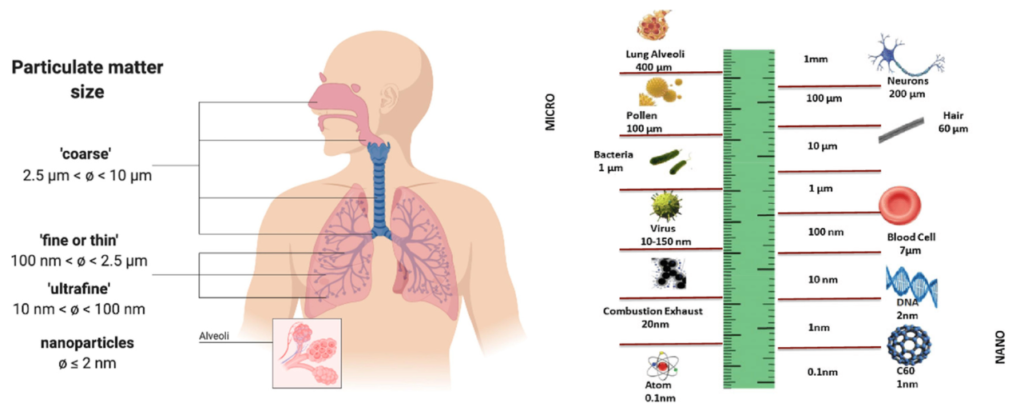
TOXINS:
- When you consider all of the above factors, it creates a “perfect storm” for toxic exposures to wreak havoc on your body. Lack of sleep, stress, inadequate diet, and lack of critical nutrients weaken your body’s protective barrier. Think about it as if you replaced the FOB concrete jersey barriers with just a chain link fence – sure, it will keep out larger enemy forces, but smaller ones will slip through the cracks. This is why keeping all the above-mentioned in check and minimizing toxic exposures in your daily life is important. Below are some daily exposures that often go overlooked.
- Endocrine-disrupting chemicals (EDC): chemicals can mimic, block, or alter the action of natural hormones, leading to various health issues. Examples of EDCs include plastics, non-stick cookware, and contaminated/unfiltered water. EDCs bind to hormone receptors, inappropriately activating cell proliferation. EDCs have been linked to breast and endometrial cancers.
- PFAS/PFOA: known as “forever chemicals“, are used to make surfaces slick and frictionless, these chemicals are everywhere. Wax coating in dental floss, Teflon cooking pans, fast food wrappers, waterproof makeup, and drinking water (approximately 45% of the United States exposed regularly). Chronic exposures to PFAS/PFOA have been found to cause testicular and renal cancer and have been listed as a Group 2B carcinogen.
- Mold and Mycotoxins: Mold is no joke. Whether in the barracks or your home, breathing in moldy air is a significant risk to your health. Mold can be genotoxic, and can cause an oxidative stress reaction, which can damage DNA. Mold exposure also leads to inflammation and immunosuppression. Routinely assess your home for mold and stagnant water.
- Electromagnetic radiation: Things like microwaves, televisions, smartphones, tablets, and computers emit electromagnetic radiation (non-ionizing), which ionizes the air. Another one that goes unnoticed is AirPods and other wireless, Bluetooth-enabled devices (We recommend wired headphones).
Resources and Readings:
Below are some excellent books that we highly recommend giving a read. And also, don’t forget to check out the Military-Specific Cancer Screening Chart that can be downloaded here.
